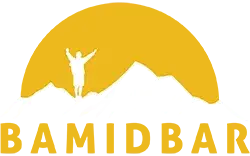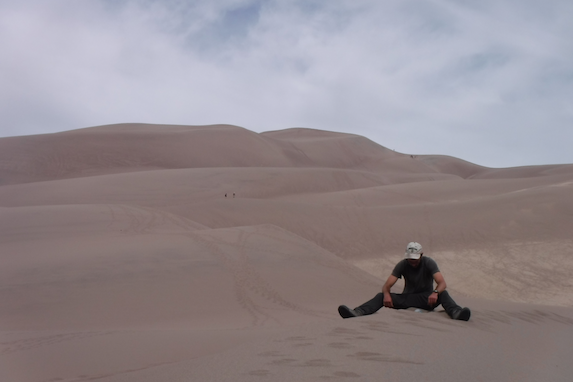By: Emily Heeren
My sister sat down at the dining room table across from me. “So, hear me out,” she said, “and I’m only like 50% joking, but what if we just didn’t do Pesach this year?”
Isn’t this particular week – a projected peak of a global pandemic – hard enough already? With current regulations in place around social distancing, quarantine, and isolation, must we also give up comfort food in order to remember our ancient plight? Do we really need to move all the normal dishes, pots, pans, and silverware downstairs, and all the pesach dishes, pots, pans, and silverware upstairs to understand the struggle?
I laughed knowing our mother would never go for it, and daydreamed briefly about what it would feel like for Passover to be just another day. But it didn’t feel right. Because slavery is only half of the Passover story. Growing up with privilege and comfort in the United States, my sister and I are lucky to often take for granted what it means to be free. Passover therefore typically becomes a lesson in humility, an opportunity to empathize with those all over the world stuck in physical, mental, and emotional narrow places. But this seder is different from all other seders. This year, when we say that each person should tell the story as if he or she came out of Mitzrayim (Egypt), I hope to focus on it as a reminder of what it is to be free, not enslaved, and perhaps more importantly, the journey that it takes to get there.
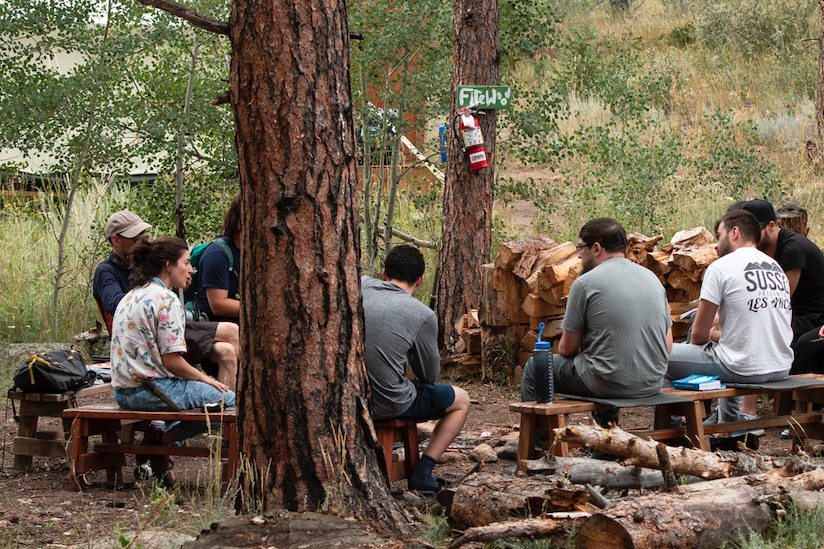
The value of the process
BaMidbar has taught me the value of process. At BaMidbar we tackle personal slavery in the form of mental illness and pursue whole-health wellness as a personal freedom every day, and I’ve learned that change may be slow but it’s faithful. After all, it took 10 plagues before the Israelites decided to flee Egypt and 40 years to reach the Promised Land. We must complete nine steps before we eat our seder meal, two more before we celebrate our freedom with Hallel, and another before we are allowed to go to sleep. It likewise takes time for someone to come to a point in their lives where they are ready to seek out a wilderness therapy program, more time to commit to the experience, and a lifetime to maintain progress. And yet, students come. It’s hard, it’s scary, it’s inconvenient, but our students make the choice to step into the wilderness and engage in the process.
Just as the Israelites did when they left the land of Egypt, our students use the change in their environment as a catalyst. They put themselves in a new position from which they’re able to challenge their routines, and combat their patterns, habits, and deep-seated personal narratives. We practice setting goals and achieving them. We track our progress. We acknowledge daily both our struggles and our successes, empowering ourselves with the knowledge that we do have autonomy over our circumstance and our future – that we can manifest our freedoms by putting in the work. We do this so that when students eventually emerge from the wilderness, they know that they can still be that person they found there, and that change is real and possible.
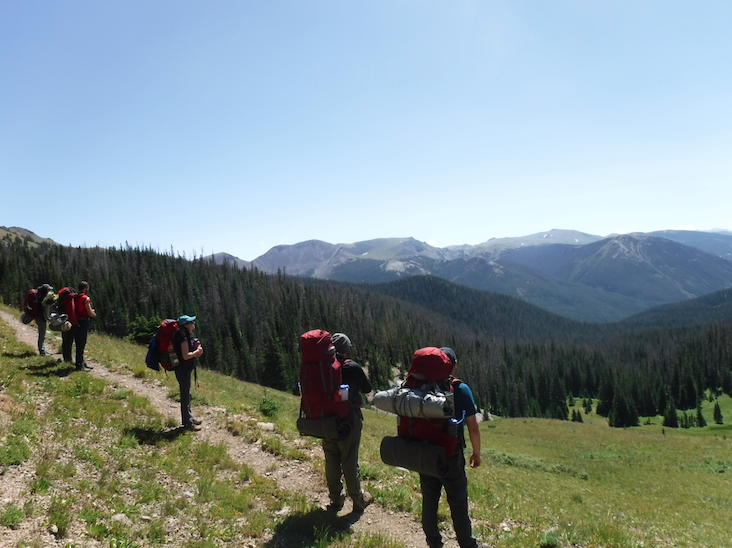
A fresh perspective
In the last few weeks of lockdown, I’ve fallen into my own patterns. Every day looks much like the one before. It is easy to feel sad, alone, scared, powerless. In response to my sister’s question, I want to move the kitchenware because right now I’m in need of time in the wilderness and the lessons I learn there. True wilderness may be out of our reach, especially as access to parks and public spaces become more limited in efforts to encourage adherence to the stay at home orders. However, as a mentor of mine used to say: wilderness is everywhere. Perhaps we can even find it in our mother’s kitchen, now brimming with piles of Bubbi’s old dishes.
Passover is not about making a difficult situation more difficult. I see this holiday as a chance to remind ourselves that difficult situations do get better. It will always be easier not to go camping, but we do not go into the backcountry because it’s miserable to sleep on the ground. We go because it’s beautiful that we can carry our shelter on our backs and rely on ourselves to keep fed, warm, safe, and on the right trail. We go because it gives us a fresh perspective and an opportunity to reinforce our beliefs that yes, we can make it from point A to point B. In this holiday of freedom amidst this moment of world confinement, may we remember that we are not at a point of stagnation, but rather in process. May you find your wilderness (inside the safety of your own home), lean into your process and have a happy and healthy Passover.
Chag Sameach.
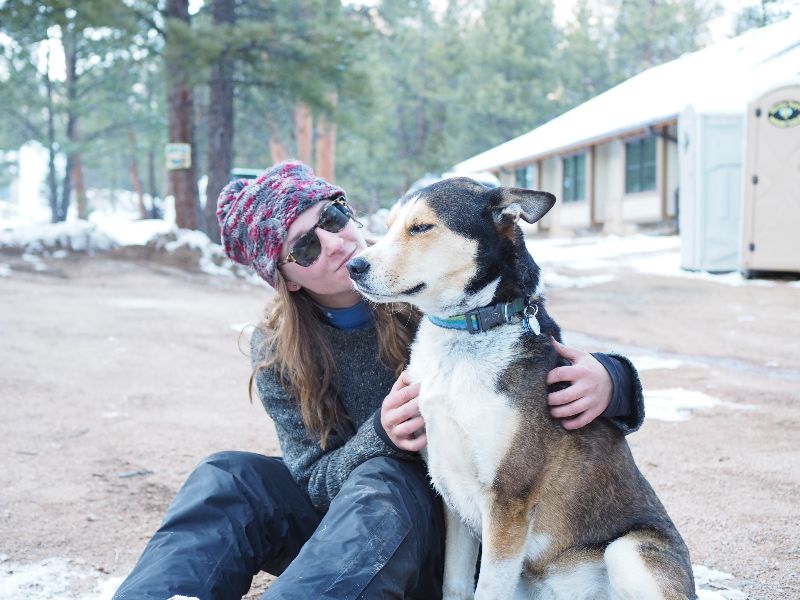
Emily Heeren,
Admissions Director
Emily Heeren is the Admissions Director at BaMidbar. She has worked as a Lead Guide and Field Director, and has been with BaMidbar since it opened its doors in 2018. Emily is based in Boston and holds a Masters of Education from Boston University.
